
Fiction
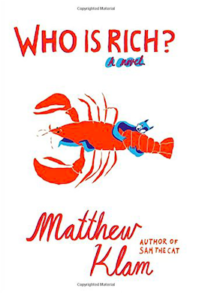
1.Who is Rich? by Matthew Klam
(5 Rave, 1 Positive)
“…one of those novels with the rare power to mesmerize. It’s a dazzling meditation on monogamy, parenthood, mortality, shame, erotic liberation, and artistic struggle, a tale told by an adulterous middle-aged schlub, full of sound and fury, and signifying, well, pretty much everything.”
–Steve Almond (The Boston Globe)
*
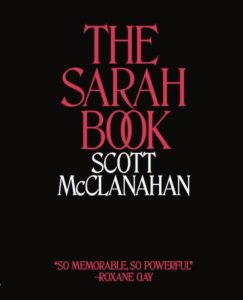
2. The Sarah Book by Scott McClanahan
(4 Rave)
“If there’s any justice in the literary world — and occasionally there is — McClanahan will get the widespread recognition he’s long deserved with The Sarah Book, his tragic and beautiful second novel. It’s an unsparing primal scream of a book, and it convincingly makes the case that McClanahan is one of the best American writers of his generation.”
–Michael Schaub (NPR)
*
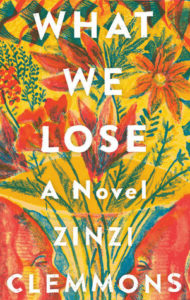
3. What We Lose by Zinzi Clemmons
(3 Rave, 2 Positive)
“…beautiful poignant prose makes What We Lose the kind of novel you might find yourself marking up as you underline a sentence on every other page. Clemmons’s prose is sharp, and though the book is slim, it’s a rich novel with more depth and innovation than many novels double its length.”
–Rachel León (The Chicago Review of Books)
*
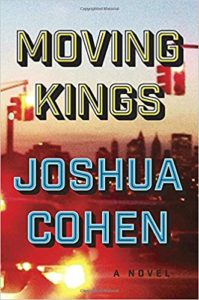
4. Moving Kings by Joshua Cohen
(2 Rave, 3 Positive, 3 Mixed)
“Granta recently named Cohen one of the best young American novelists, and his new book, Moving Kings, is a svelte comic triumph that concentrates his genius … The clash of expectations between a rough American businessman and an Israeli innocent abroad provides the basis for some smart comedy, and Cohen is particular adept with moments of silly absurdity.”
–Ron Charles (The Washington Post)
*

5. The Windfall by Diksha Basu
(2 Rave, 1 Positive, 2 Mixed)
“…[an] endearing, astute debut … Breezily entertaining enough to enthrall droves of this summer’s beach and poolside readers, Windfall also manages to seamlessly insert urgent, relevant themes of gender inequity, socioeconomic prejudice and aggression, familial expectations and constrictions, isolation, entitlement, and more.”
–Terry Hong (The Christian Science Monitor)
**
Non Fiction
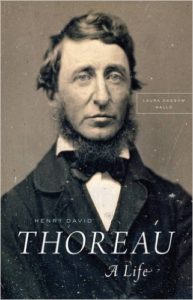
1.Henry David Thoreau: A Life by Laura Dassow Walls
(5 Rave, 2 Positive)
“This new biography is the masterpiece that the gadfly of youthful America deserves … her broad grasp of the era’s scientific issues integrates Thoreau’s dawning ecological conscience into a better-understood context than most writers on the topic can provide.”
–Michael Sims (The Washington Post)
*

2. American Fire by Monica Hesse
(4 Rave, 4 Positive)
“American Fire is a page-turner of a true-crime book … In Hesse’s capable hands, Charlie’s story becomes a metaphor for the desperation and sadness of a rural county on the decline.”
–Laurie Hertzel (The Minneapolis Star Tribune)
*
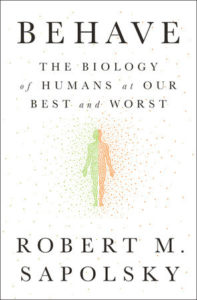
3. Behave: The Biology of Humans at Our Best and Worst by Robert M. Sapolsky
(5 Rave, 1 Positive)
“The author’s comprehensive approach integrates controlled laboratory investigation with naturalistic observations and study. To his immense credit, he doesn’t omit cultural norms, social learning, the role of peer pressure or historical tradition. He also has a delightfully self-deprecating sense of humor … It’s no exaggeration to say that Behave is one of the best nonfiction books I’ve ever read.”
–David P. Barash (The Wall Street Journal)
*
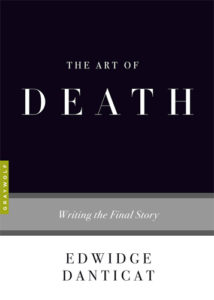
4. The Art of Death by Edwidge Danticat
(3 Rave, 2 Positive)
“Danticat writes clearly and judiciously about a subject that is challenging for both writers and people to face directly. Her range and grasp of literary references is wide and powerful; she certainly turned me on to books I didn’t know before … The final prayer she wrote in Manman’s voice may bring both tears and laughter to anyone who has lost a mother.”
–Jim Higgins (The Milwaukee Journal Sentinel)
*
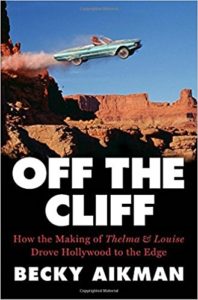
5. Off the Cliff by Becky Aikman
(3 Rave, 1 Positive, 1 Mixed)
“The author’s fondness for the dusty, gritty parts of filmmaking jives perfectly with the film’s eye for the sandblasted parts of American life … Off the Cliff is inspiring in the way the best speculative literature is: it shows what would be, could be, if women were allowed their own stories.”
–Jason Rhode (Paste)
***

